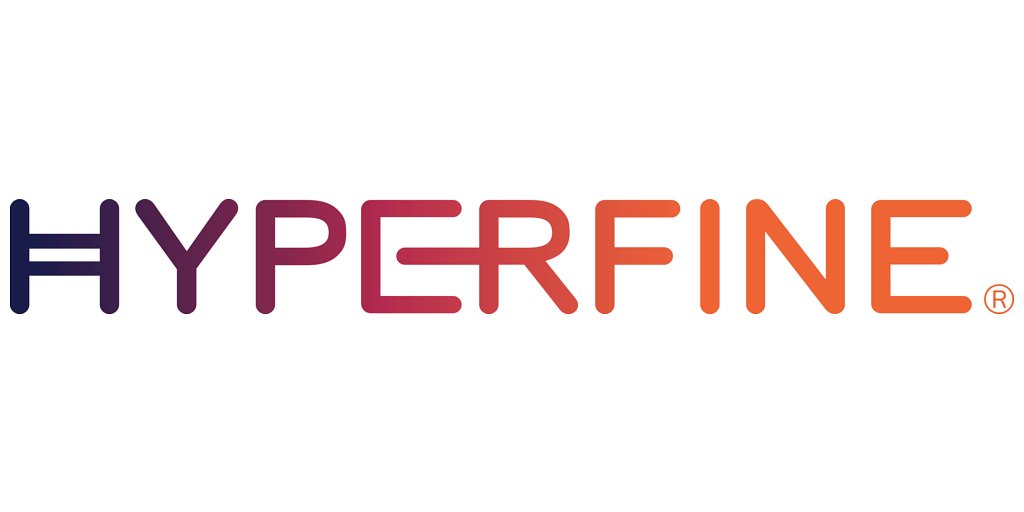
Portable MRI Expands Access to Neonatal Brain Scans with New Gates Foundation Funding
Hyperfine receives $3.7M from the Gates Foundation to expand access to brain imaging for infants in resource-constrained settings, leveraging AI and portable MRI technology.
Portable MRI Expands Access to Neonatal Brain Scans with New Gates Foundation Funding
NEW YORK, NY – November 19, 2025
Bridging the Healthcare Gap: A New Era for Neonatal Brain Imaging
Hyperfine, Inc. has secured a $3.7 million grant from the Gates Foundation to significantly expand the use of its portable MRI system, Swoop®, for neonatal brain scanning in resource-constrained settings. This latest investment builds upon prior funding and underscores the growing recognition of the critical need for accessible and accurate diagnostic tools in underserved communities. The funding will primarily support improvements to AI-driven image clarity and expand the reach of the UNITY project, a multi-national research initiative focused on early brain development.
The current standard for assessing brain health in newborns, particularly in regions lacking advanced medical infrastructure, often relies on proxy indicators like physical growth or behavioral observations. These methods are inherently limited and can lead to inaccurate diagnoses and delayed interventions. Swoop’s portability and relatively low cost offer a compelling alternative, bringing advanced imaging capabilities directly to the point of care. "The challenge isn't just about having the technology, it’s about getting it where it's needed most," explains one industry observer. “Traditional MRI machines are expensive, require specialized facilities, and aren't practical for many settings.”
The Technology Behind the Innovation
Swoop® is the first FDA-cleared, portable, ultra-low-field MRI system designed for brain imaging. Its key advantages lie in its portability, lower cost, and reduced energy consumption. Weighing approximately 1,400 pounds, Swoop can be easily moved through standard doorways and operates on a standard electrical outlet, eliminating the need for specialized cryogenic cooling. The system’s low magnetic field strength also enhances patient safety and comfort. However, ultra-low-field MRI inherently faces challenges regarding image quality. To address this, Hyperfine has invested heavily in AI-powered software.
“The AI isn’t just about making the images look better; it’s about improving diagnostic confidence,” says a medical imaging expert. “The algorithms help to reduce noise, enhance contrast, and extract meaningful information from the scans, especially in challenging cases.” The latest advancements in AI software, such as the FDA-cleared Optive AI™, are focused on improving image quality and providing clinicians with clear and actionable insights. The use of AI-based reconstruction is proving pivotal in boosting image clarity, addressing a common limitation of ultra-low-field MRI. Hyperfine has received multiple FDA clearances for its AI-powered updates, consistently showcasing its commitment to improving image quality and diagnostic reliability.
UNITY Project: A Global Research Collaborative
The Gates Foundation grant will bolster the UNITY project, a multi-national research initiative led by King’s College London. This project focuses on evaluating neurodevelopment in infants and young children across several low- and middle-income countries, including Malawi, Ghana, Zambia, Kenya, India, and Pakistan. UNITY aims to understand the complex interplay of genetic, environmental, and nutritional factors that influence early brain development. The project leverages Swoop’s portability to conduct brain scans in diverse settings, gathering data that would be impossible to obtain with traditional MRI machines.
“The scope of UNITY is truly impressive,” notes a researcher familiar with the project. “They’re not just looking at whether a child’s brain is developing normally, but how it’s developing in different environments and under different circumstances.” The data gathered through UNITY will be used to refine diagnostic protocols, identify risk factors for neurodevelopmental disorders, and develop targeted interventions to improve outcomes for infants and young children. The collaboration involves over 40 academic and clinical centers, creating a robust network for data sharing and knowledge exchange.
The impact of the UNITY project extends beyond the immediate benefits to the children enrolled in the study. By demonstrating the feasibility and effectiveness of portable MRI in resource-constrained settings, it paves the way for wider adoption of this technology and improved access to essential healthcare services. The ongoing research will inform best practices for implementing portable MRI programs in diverse communities, addressing challenges related to training, maintenance, and data management. It also drives further innovation in AI-powered image analysis and diagnostic tools, continuously improving the accuracy and reliability of the scans.
